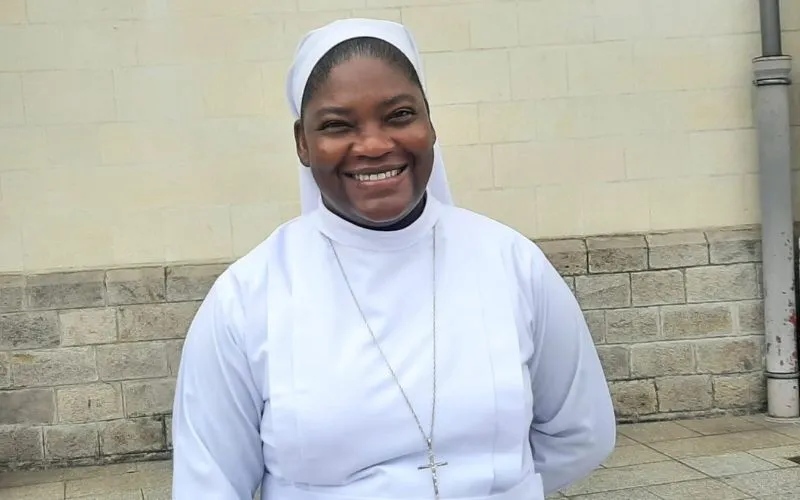Nairobi, 01 August, 2024 / 11:46 am (ACI Africa).
The proposed pastoral solution for the polygamous Catechumen seeking to convert to Catholicism presents a difficult situation for African families, a Catholic Theologian has said.
In her presentation at the eighth session of the ongoing synodal conversations, Sr. Agnès Sory noted that the existing pastoral guidance for polygamy in the Catholic Church only serves the man in such an arrangement, and not the women he is married to.
The member of the Institute-Family of the Sisters of the Annunciation of Bobo-Dioulasso in Burkina Faso since August 2002 said that in most cases, the man seeking to be baptized is asked to remain with one wife, preferably the first, and to send the others away.
“Already, this fact presents a difficulty at the level of our traditions and at the level of our African communities,” she said at the July 26 palaver session that the Pan-African Catholic Theology and Pastoral Network (PACTPAN) organized in collaboration with the Conference of Major Superiors of Africa and Madagascar (COMSAM).
The alumna of the Faculty of Canon Law of the Pontifical Urban University, where she pursued her doctoral studies added, “I’d like to point out that this Church law, this proposed pastoral solution, seems to be more concerned with the baptism of the polygamist than with the baptism of the wives or their faith.”








